Veteran Communist leader and former Kerala minister KR Gouri Amma laid to rest

Mail This Article
The mortal remains of veteran politician K R Gouri Amma were laid to rest in Kerala's Alappuzha on Tuesday with full state honours. Gouri Amma, 102, was one of the founding members of the Communist movement in Kerala.
She breathed her last at 7 am on Tuesday while undergoing treatment in the ICU of a private hospital in Thiruvananthapuram. Her body was brought to her ancestral house at Chathanattu in Alappuzha around 3 pm. The cremation was held at Valiya Chudukad around 5.30 pm as hundreds of people paid their last respects to their leader despite Covid restrictions.
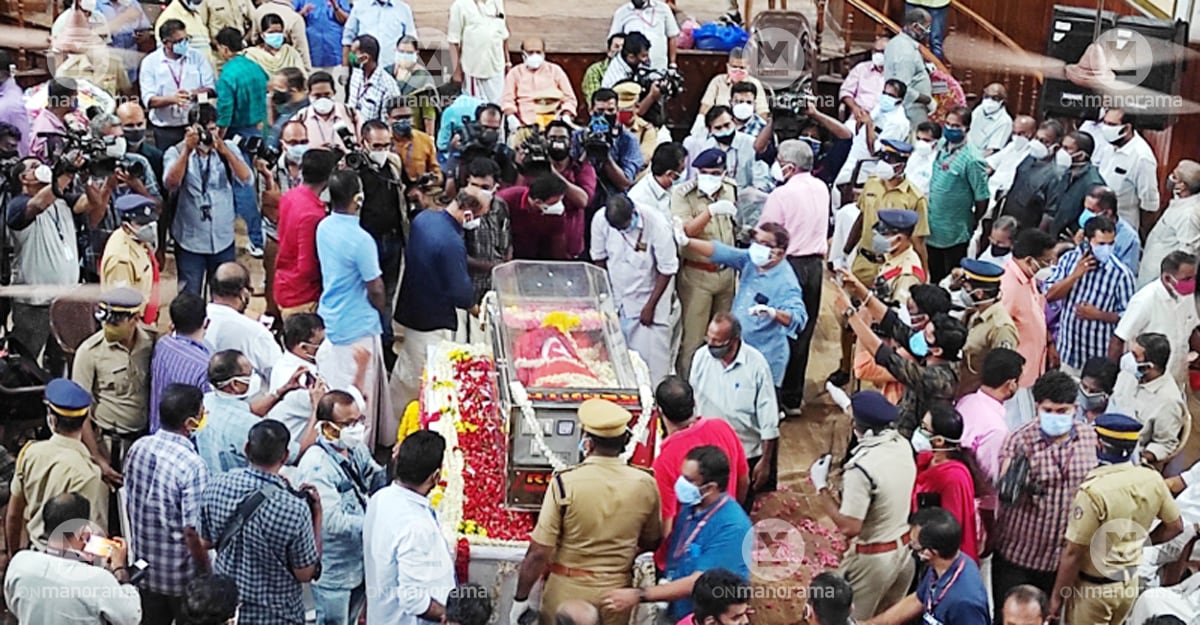
The former minister was admitted to a private hospital in Thiruvananthapuram on April 22 after she developed fever and breathlessness. She was tested negative for COVID-19. Her mortal remains were moved to the Ayyankali Hall in Thiruvanthapuram for the public to pay respects. Leaders cutting across party lines paid their last respects to Gouri Amma.
Gouri Amma had recently stepped down from the state general secretary post of the Janadhipathya Samrakshana Samithi (JSS). Gouri Amma held the post since the formation of the party in 1994. The party was formed after Gouri Amma was expelled from the Communist Party of India (Marxist) in 1994. Now, it is affiliated with the Left Democratic Front (LDF) in Kerala led by the CPM. She is the widow of Communist leader T V Thomas. She was the last surviving member of EMS Namboodiripad ministry in 1957.
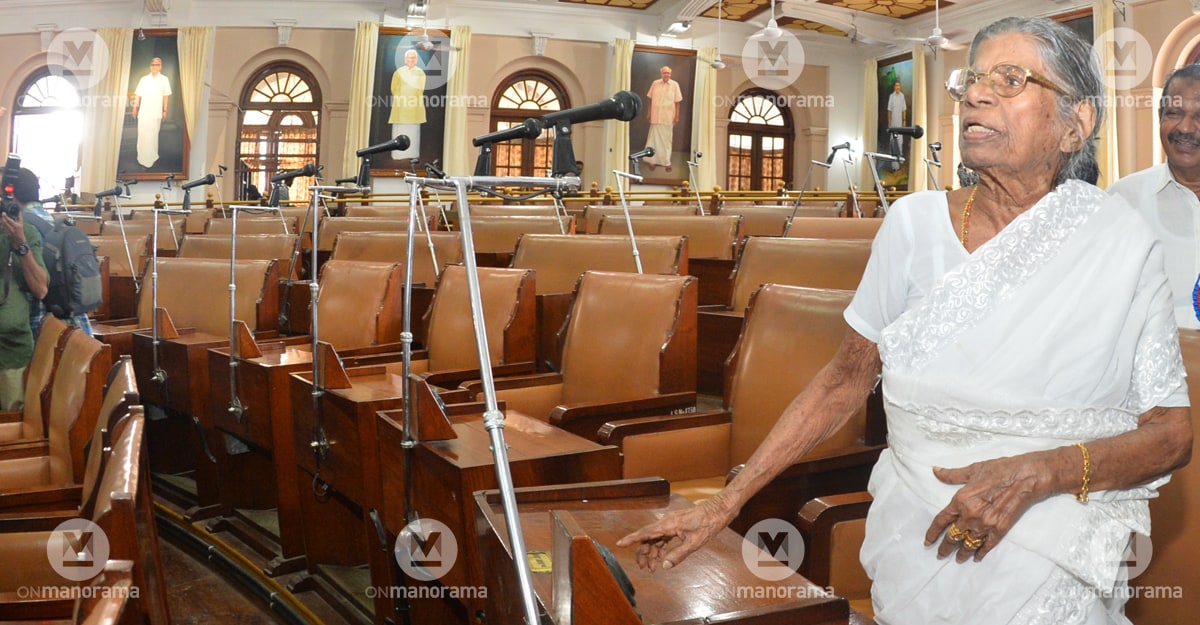
Gouri Amma leaves behind an illustrious century. Her life was revolutionary in more ways than one.
Gouri Amma was born in Pattanakad village, now part of Alappuzha district, to K Ayyappan Raman and Parvathy Amma on July 14, 1919.
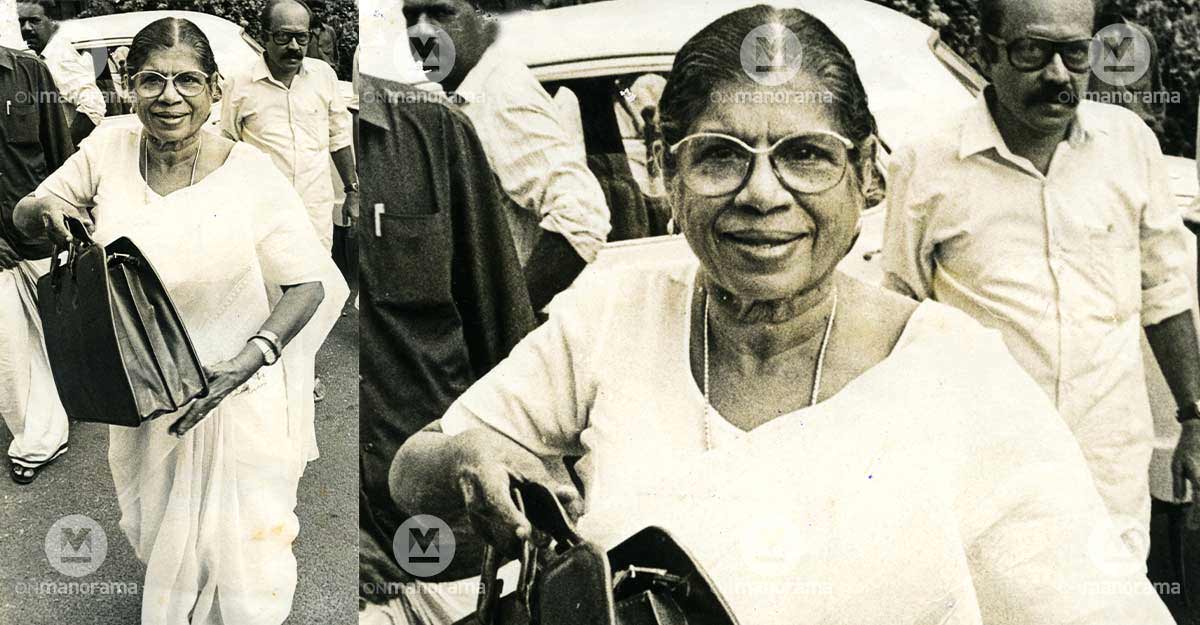
She went to Thuravoor and Cherthala for her schooling and completed her intermediate course from Maharaja's College in Ernakulam. She received a bachelor's degree from St Teresa's College, Ernakulam. Later she joined the Thiruvananthapuram Law College. She was the first woman from the Ezhava community to hold a degree in Law and the first woman lawyer from the community when she started practice at Cherthala.
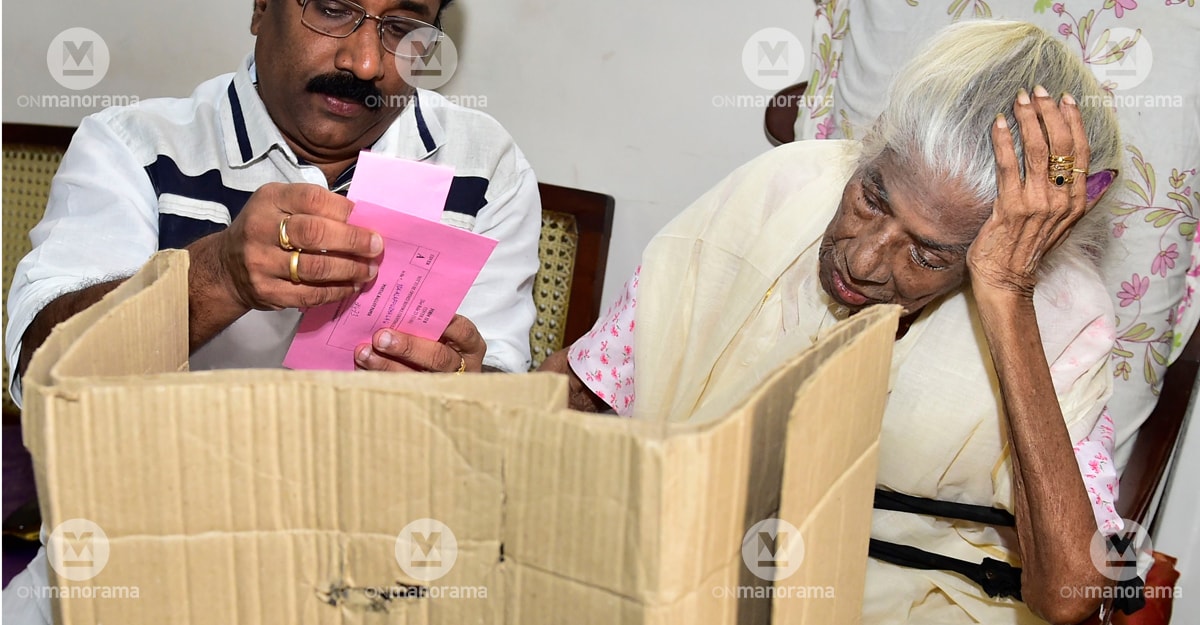
Gouri Amma's political career preceded Kerala. She was the second longest-serving MLA of the state after K M Mani of the Kerala Congress (M). She contested the Assembly elections 12 times, tasting victory on eight occasions. Her first election was in 1948 to Travancore state assembly, which she lost. When Travancore was merged with Kochi to form Thiru-Kochi, she was elected to the new state's assembly from Thuravoor in 1951. She was later elected to the Travancore Council in 1954 from Cherthala.
She was the only woman in the first democratically elected Communist government in Asia in 1957. She held an array of portfolios in the various Communist governments in 1957, 1967, 1980 and 1987.
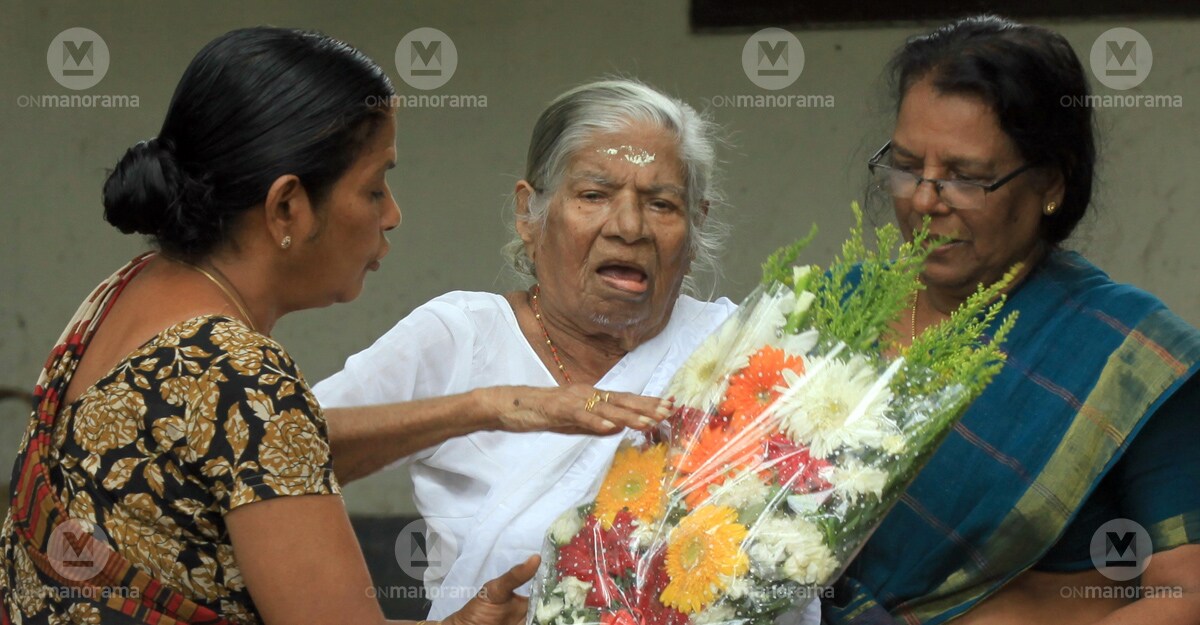
She was a minister for revenue from April 05, 1957 to July 31, 1959 and from March 06, 1967 to November 01, 1969. She also served as minister for agriculture and social welfare from January 25, 1980 to October 20, 1981; minister for industries and social welfare from April 02, 1987 to June 17, 1991; and minister for agriculture & coir between May 17, 2001 to August 29, 2004.
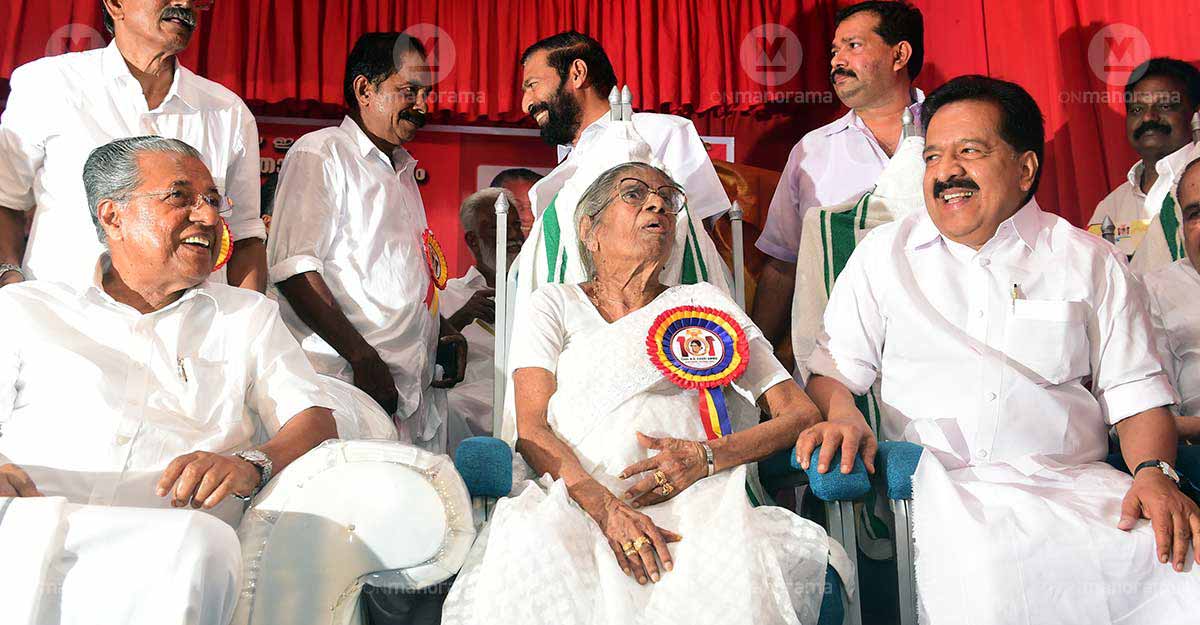
She had also served as the chairperson of Committee on Government Assurances (1960-1961), Public Accounts Committee (1986-87), the president of Kerala Karshaka Sangham (Kerala Peasants Union, 1960-84), Kerala Mahila Sangham (1967-76) and as the secretary of Kerala Mahila Sangham (1976-87).
It was Gouri Amma's elder brother, Sukumaran, a trade union leader then, who influenced her to join the trade union and communist movement. She had also served jail term on a number of occasions for political activities.
Gouri Amma is the one who presented the revolutionary Land Reforms Bill in 1957. She was the revenue minister in the communist government led by E M S Namboodiripad. She also drafted the Agrarian Relations Bill which conferred ownership rights to tenants and fixed a ceiling for the land that could be possessed by a land owner. This bill was passed in the Assembly but was not approved by the President.

